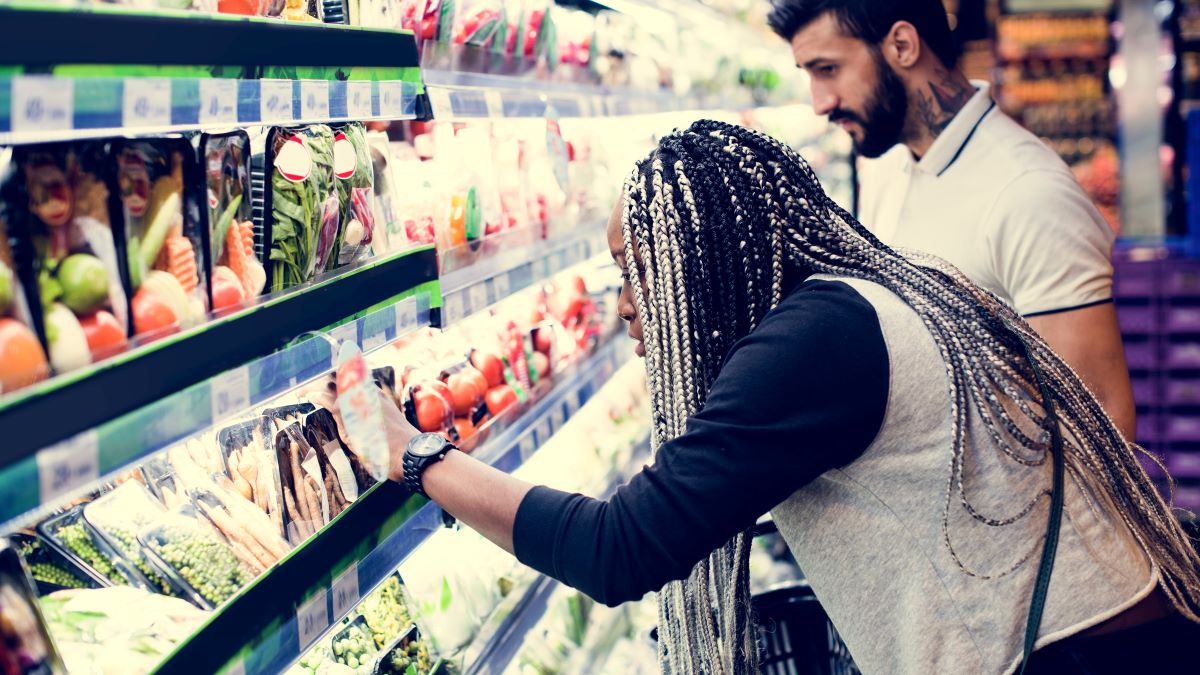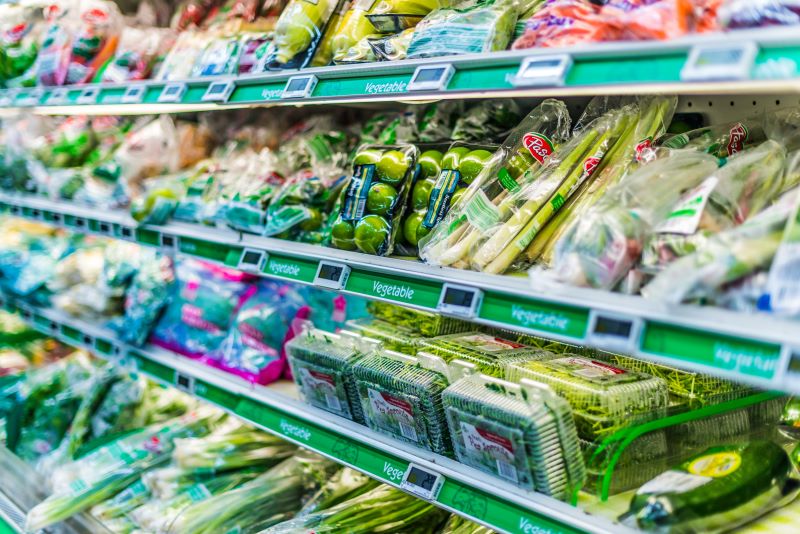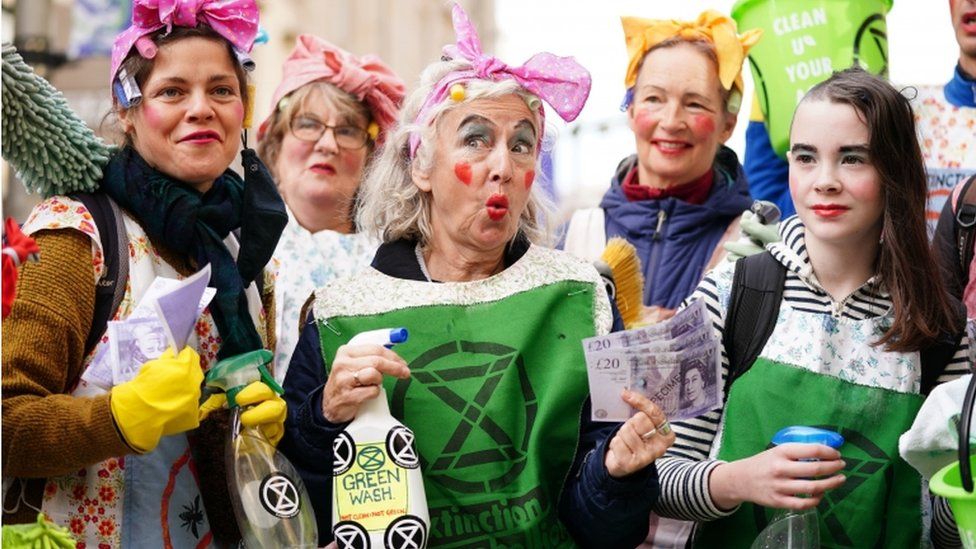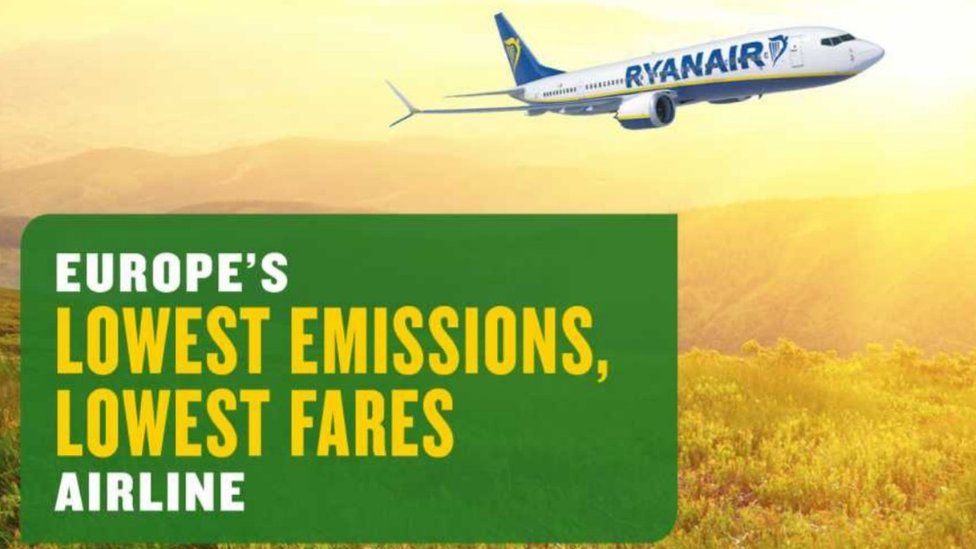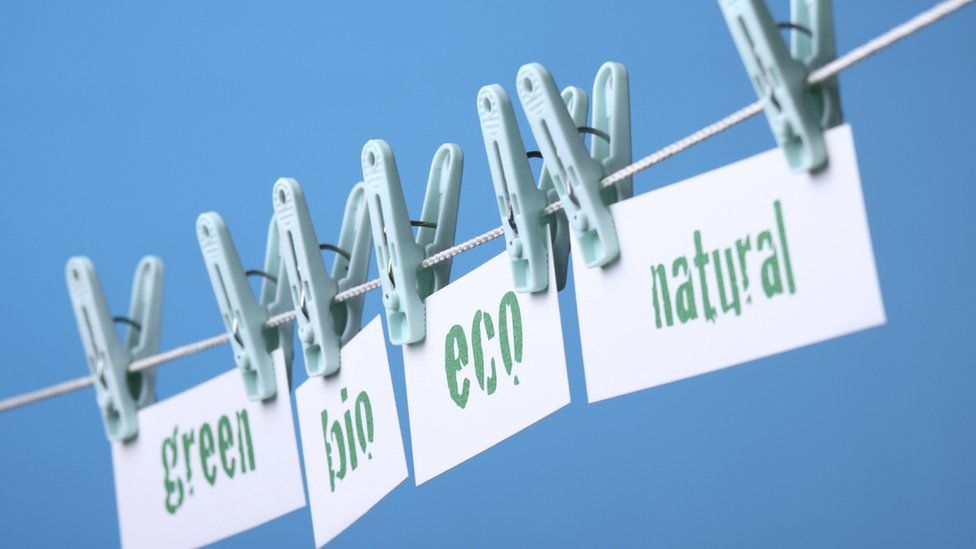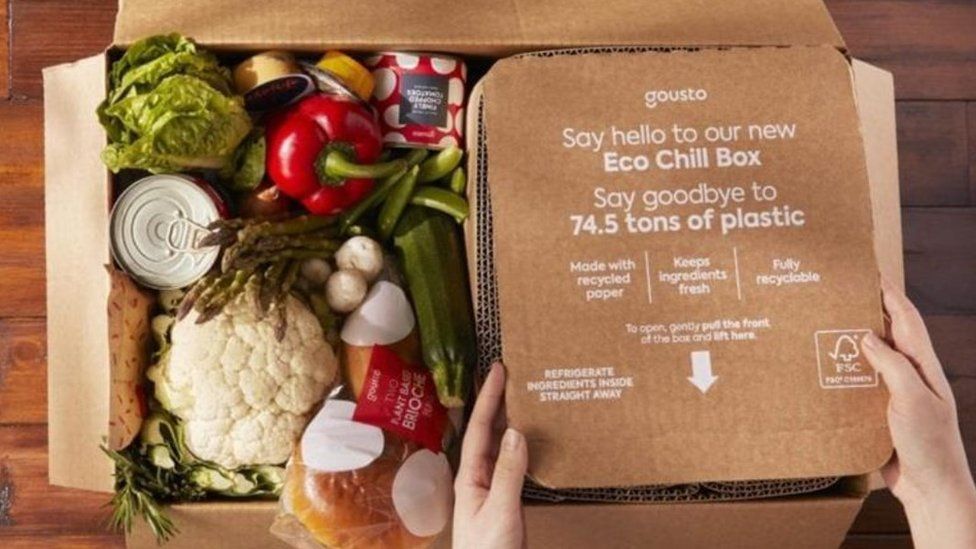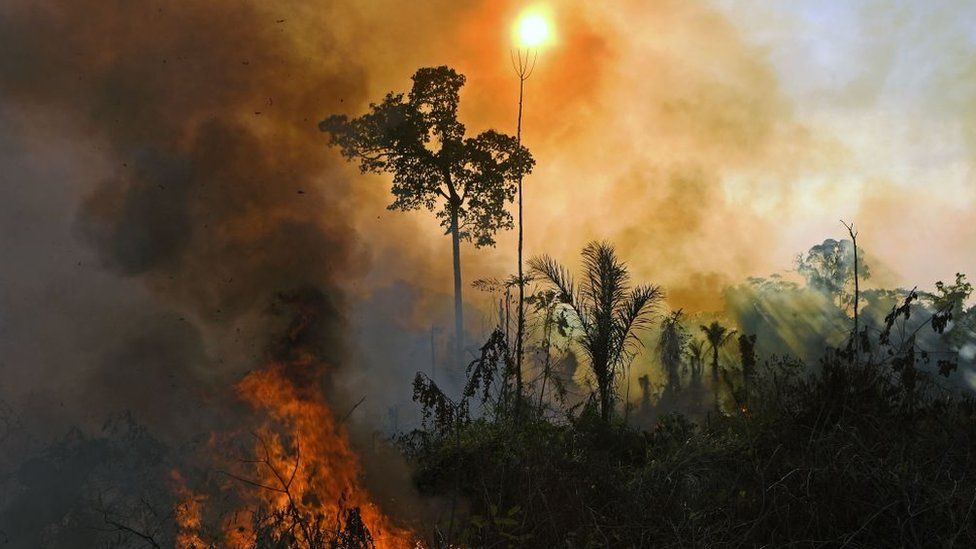Here is a report I found by Greenpeace Canada
Many people around the world just rang in the new year. There are often mixed emotions when saying goodbye to a year and welcoming a new one, and this is likely amplified in the current public health and environmental climate. There is no shortage of pressing issues that global governments must act on; losing steam is not an option. But the start of a new year can spark hope for a fresh start at getting things right. When it comes to tackling a preventable global challenge we face — plastic pollution — 2022 is the year for global governments to ramp up, refocus and redirect their efforts to phase out non-essential plastics and accelerate the shift we desperately need towards the types of systems that would foster a greener, just and healthier future for all.
Luckily, thanks to pressure from millions of people around the world, governments are finally beginning to acknowledge that the only way to tackle the plastic pollution crisis is through shifting towards a system based on reuse. Slowly we have seen reuse and refill business models advance around the world, but it’s time for us to act faster in order to scale these models industry- and community-wide, especially through policy and legislation.
Globally, we have the opportunity to negotiate a binding Global Plastics Treaty and this is what we need in order for governments and big businesses to act with immediacy to drastically reduce their plastic footprint and move to reuse & refill. The good news is that recently, we’ve witnessed some important policy changes & amendments on reuse globally that are worth highlighting.
Setting Standards
Last November, Austria was the first European country to implement binding and enforceable reuse targets in their Waste Management Act by mandating a beverage reuse quota of 25% by 2025. This law mandates that specific beverage categories provide a minimum reusable packaging quota ranging from 10% to 15%. This means supermarkets are obligated to provide at least 15% of beer and water in reusable packaging, and a 10% reuse packaging quota for non-alcoholic beverages, juices and milk.
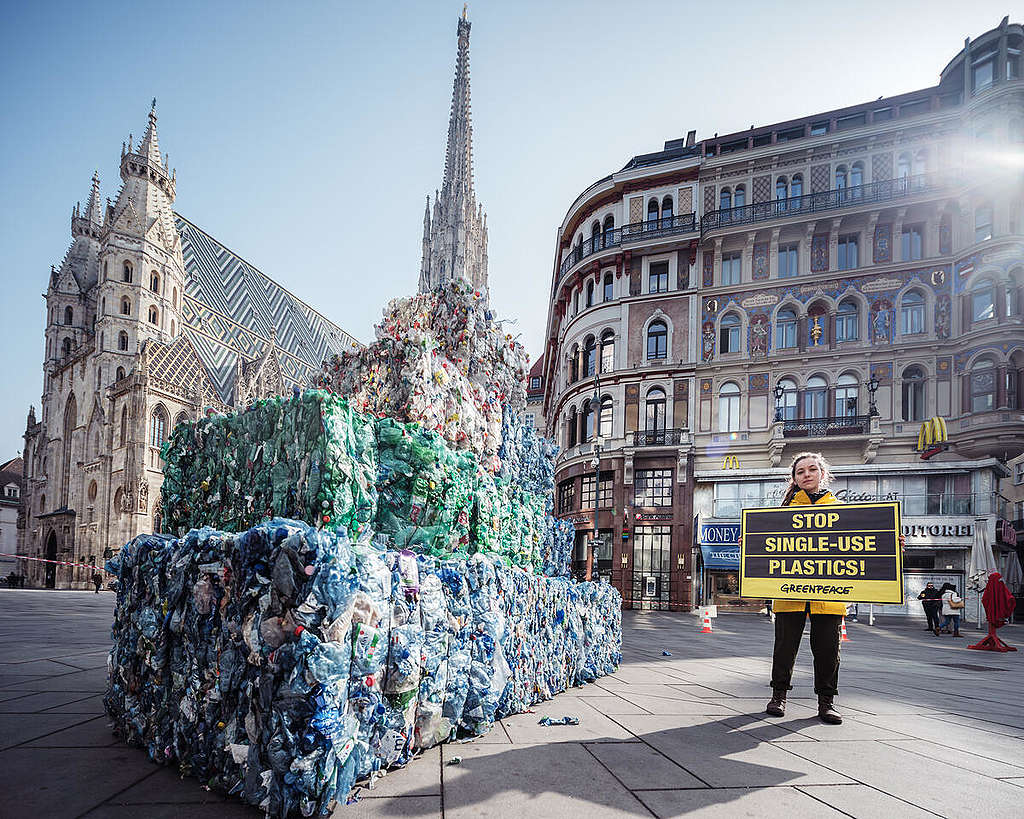
Up until 25 years ago, Austria had a reusable beverage rate of around 80%, and with the convenient switch to single-use plastic bottles, Austria nowadays has a meager reuse rate of 19%.
Reuse on the rise
France already has a reuse packaging target law which requires 10% of packaging placed on the market to be reusable by 2027 and has recently introduced a 3R (Reduction, Reuse & Recycling) decree. The latter sets reduction and reuse targets until 2025, highlighting that 50% of the 20% reduction in single-use plastic packaging should be obtained through reuse. It is also worth noting that France allocated an impressive €40 million towards reuse investments for 2021 – 2022 as part of their circular economy fund. Its close neighbour, Portugal, has amended its law that states that by 2030, 30% of all packaging put on the market, of any material, must be reusable. Similarly, Romania has included a 5% annual reusable packaging increase till 2025 (reaching a minimum of 25% by 2025) in their ordinance policy. And still underway, Spain has drafted a national decree, that would make significant leaps forward by outlining several reuse propositions; one of them being beverage reuse quotas in the hospitality sector (HORECA) for water, beer, juices and soft drinks, as well as a general beverage packaging reuse target for domestic consumption at home. Notably, the Spanish regions Navarra and the Balearic Islands have had progressive beverage reuse packaging laws since 2018.
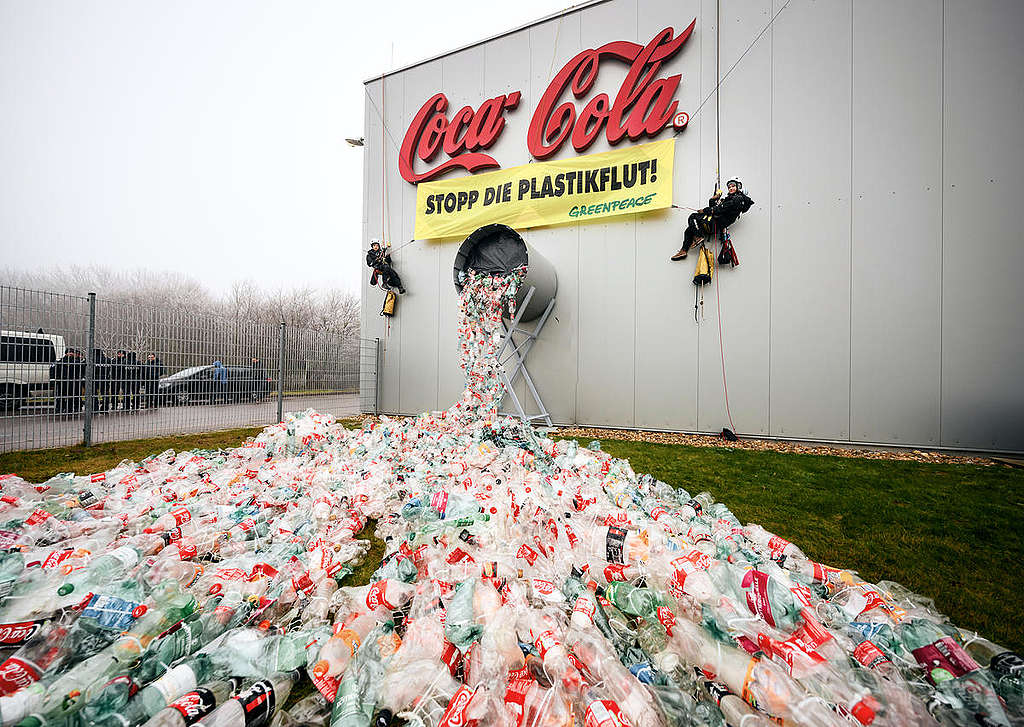
Global South leading the way
The Global South is no stranger to reuse models, and uptake of such systems can be hastened with policies incentivizing their adoption while mandating a reduction of plastic production and use. It’s vital, however, that reuse systems are designed with the local context, affordability and accessibility for low-income communities in mind.
Chile is the most advanced country in the Americas, which introduced a plastic regulation bill in August 2021. It promotes and encourages the sale of reusable beverage containers; suppliers must offer reusable bottles and must take-back the returnable bottles. Moreover, after 3 years of enactment of said law, at least 30% of bottles for sale in supermarkets must be returnable for reuse.
In India, the government has announced that plates, cups, cutlery (and further unnecessary single-use plastic items) will be prohibited starting 1 June 2022. While this ban is indeed necessary, nevertheless, we must not forget that many countries in the Global South still have traditional reuse based systems that are not reliant on single-use plastics in the first place such as the Dabbawala system in India. Incorporating these reuse based systems through policies is far from legislatively visible. Apart from policies, countries such as Indonesia have numerous game-changing reuse ventures that are redefining refill convenience through digital apps such as KoinPack, Qyos by Algramo and other initiatives.

What about Canada?
Unfortunately, reuse has been largely omitted from Canada’s zero plastic waste by 2030 action plan. While the federal government recently released regulations outlining the ban on six single-use plastic items, a lack of reuse targets or replacement requirements means that single-use plastics will mostly likely just be swapped out for other throwaway alternatives and the broken disposal-centric product and service delivery systems we all rely on in our daily lives get further entrenched. Canada needs to get serious about investing in reuse infrastructure and a swift and just transition to truly zero waste, community-centred reuse and refill based systems. Instead of subsidizing plastic production and false waste and pollution solutions, 2022 must focus on incentivizing and supporting reuse and reduction initiatives. It can start by ensuring the $100 million innovation fund for reuse and recycling goes to helping to support burgeoning reuse and refill initiatives and scaling reuse infrastructure, models and systems.
What next?
While these are all steps in the right direction, the clock is ticking and we must encourage more governments to prioritize reuse and refill alongside plastic reduction in their policies on a global scale. The Ellen MacArthur Foundation recently released their yearly progress report, a report that monitors the plastic reduction commitments the consumer goods sector makes, in which the foundation states that “there is a concerning lack of ambition and action on reuse.”
There are numerous environmental and economic benefits of scaling up reuse, which have the potential of contributing to circular economy objectives as outlined by the Realising Reuse report released earlier this year. In fact, scaling up reuse in the food & beverage sector by 50% by 2030 has the opportunity to use 27.1 million tonnes less resources.
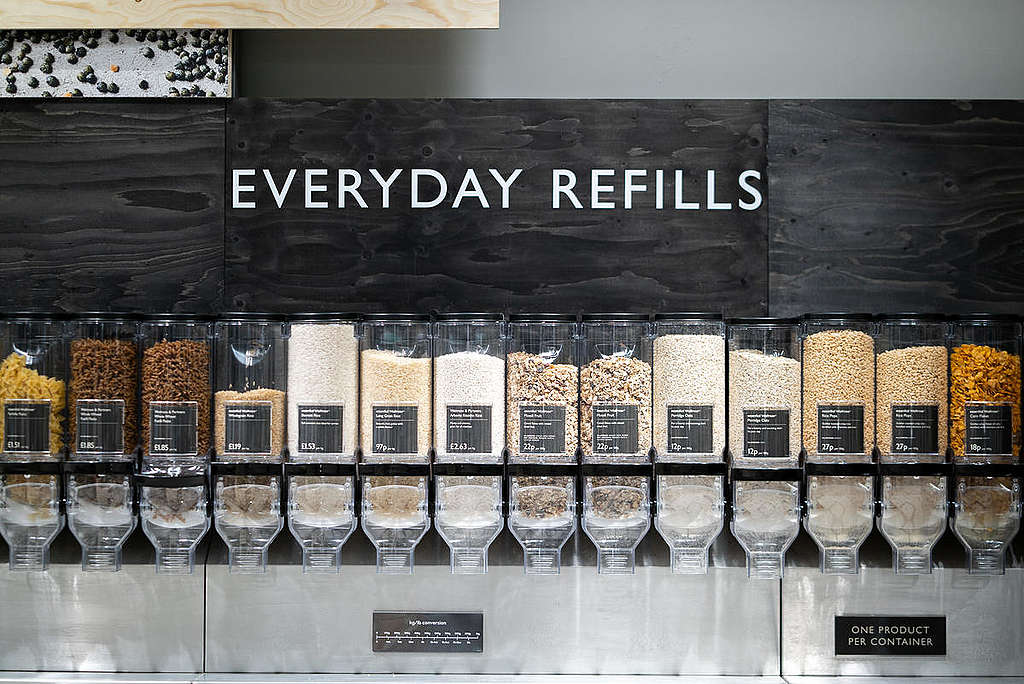
In order to tackle the plastic and the climate crisis, we need governments to come together and implement binding policies to develop reuse-based systems. In reality, we have an immense opportunity to move to a Reuse Revolution through a binding Global Plastics Treaty that sets out a framework for countries to reduce their plastic production and consumption, and move towards a plastic-free-future. And these legislations need to include strong reuse and refill all together.
We call on governments around the world and big brands to make a commitment towards a global plastics treaty, to reduce the amount of plastic packaging produced and to invest into refill and reuse to save our planet.
Sarah King is the head of Greenpeace Canada’s Oceans & Plastics Campaign. Caroline Wagner is Global Plastic Campaigner.
It is good to read that here in the Balearic Islands we are viewed as being making progress, however in reality the amount of plastic waste I see in the summer is absolutely amazing,the most unfortunate thing is that most of it is not being recycled, for some reason people think that recycling goes on holiday with them too. I cannot blame the tourists entirely because a majority of the hotels do not provide the facility to recycle, however if a person recycles at home then you would think that they would at least investigate?
The blog song for today is: "It's a mystery" by Toyah Wilcox
TTFN


